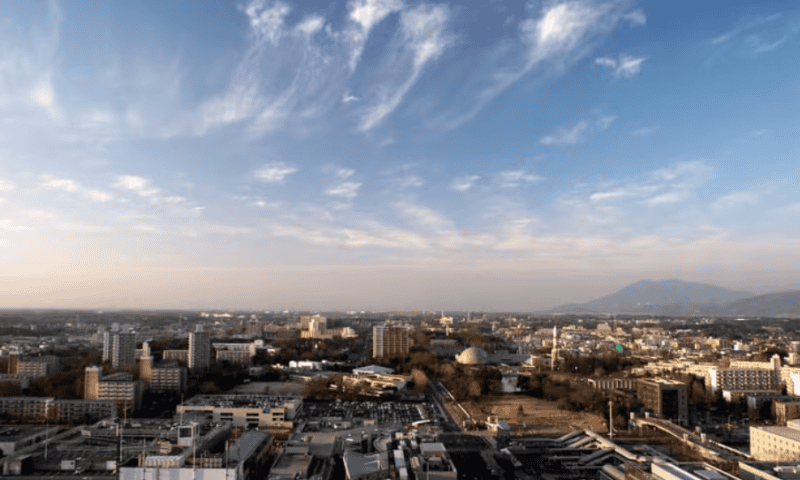Some six years after picking up Seattle’s Universal Cells for $102 million, Astellas Pharma is opening a second location for the subsidiary in its home country of Japan—and transferring a dozen roles along the way.
Universal Cells—which Astellas refers to as its cell therapy research organization—is establishing a second location overseas at the Japanese pharma’s research campus in Tsukuba, an Astellas spokesperson told Fierce Biotech over email.
As part of the move, 24 roles held by Universal Cell employees in Seattle are being eliminated. However, 12 of the former Seattle-based roles will be transferred to and filled by employees at the Tsukuba site in Japan, Astellas’ spokesperson confirmed.
“We regularly review our organizations and operations with the objective of increasing efficiency and leveraging new technologies and innovation,” the spokesperson said, adding that Astellas expects the move to expand Universal Cells’ gene editing capabilities and evolve into a center of excellence for cell therapy R&D.
Astellas purchased Universal for $102.5 million in February 2018, just months after Universal signed a $9 million upfront licensing deal with the pharma to apply its off-the-shelf technology to a single, undisclosed disease indication.
Universal uses its platform to edit genes for immune recognition to create universal donor, pluripotent stem cells, the company says on its website. The biotech uses nuclease-free, recombinant adeno-associated virus (rAAV) gene editing technology to crank out allogeneic, or “off-the-shelf,” stem cell-based medicines.
Universal argues that its technology—unlike nuclease-based genome editing—does not require a DNA strand break, does not produce off-target alterations to the genome, avoids unwanted mutations at the target site and doesn’t introduce foreign nuclease genes.
Astellas’ plan for the new Universal site in Japan follows a number of other high-profile cell & gene moves earlier this year.
Back in May, Astellas celebrated the debut of a new $90 million lab and office facility in South San Francisco designed to create a “central location” bridging work from Astellas Gene Therapies and Xyphos Biosciences, as well as Astellas’ broader business development operations.
More recently, Astellas Gene Therapies decided to close its Eccles biomanufacturing facility in South San Francisco in an unrelated move expected to impact around 100 employees.
While the fate of all 100 employees wasn’t immediately clear, an Astellas spokesperson told Fierce Pharma in September that the company would shift all existing programs and projects at Eccles over to Astellas Gene Therapies’ site in Sanford, North Carolina.

